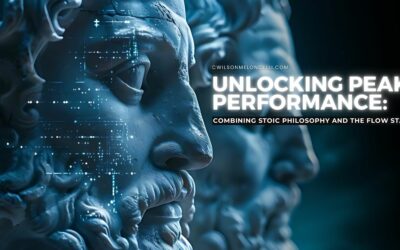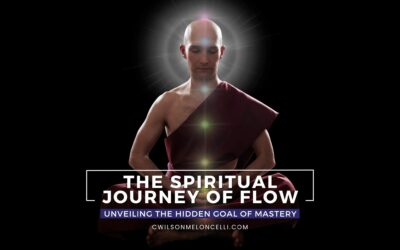The concept of flow state, as popularized by psychologist Mihaly Csikszentmihalyi, transcends geographical and cultural boundaries. Defined as a state of complete immersion and focused concentration in an activity, flow is a universal experience, yet its manifestation and integration into daily life can vary significantly across different cultures. This article explores how various cultures approach the concept of flow and its integration into everyday practices.
Understanding Flow State Across Cultures
Flow state is characterized by a deep sense of engagement, enjoyment, and fulfillment in an activity. Csikszentmihalyi describes it as "being completely involved in an activity for its own sake. The ego falls away. Time flies. Every action, movement, and thought follows inevitably from the previous one."
While the psychological experience of flow is universal, cultural factors such as values, traditions, and societal norms can influence how individuals engage with flow-inducing activities.
Eastern Perspectives on Flow
- Mindfulness and Meditation in Asian Cultures: In many Asian cultures, practices like mindfulness and meditation are deeply ingrained. These practices, which foster a state of focused attention and presence, are closely aligned with the concept of flow.
- The Japanese Concept of 'Ikigai': In Japan, the concept of 'Ikigai', which translates to 'a reason for being', reflects the pursuit of activities that bring joy and meaning, a core aspect of achieving flow.
- Studies and Research: A study by Nakamura and Csikszentmihalyi found that individuals in Japan often experience flow in traditional arts and crafts, which are performed with a deep sense of mindfulness and presence.
Western Approaches to Flow
- Flow in the Workplace: In many Western cultures, the concept of flow is often applied in the context of work and productivity. The emphasis is on finding flow in professional tasks to enhance performance and job satisfaction.
- Leisure and Flow: Western societies also value leisure activities as a source of flow. Sports, hobbies, and creative pursuits are seen as important for achieving a balanced life.
- Research Evidence: A study in the "Journal of Occupational and Organizational Psychology" highlighted that employees in Western companies who experience flow report higher levels of job satisfaction and well-being.
African and Indigenous Perspectives
- Community and Flow: In many African and Indigenous cultures, community activities, such as storytelling, dancing, and music, are central to experiencing flow. These activities are often communal, reflecting the collective nature of these societies.
- Connection with Nature: A deep connection with nature and the environment is a common theme in many Indigenous cultures, where activities like hunting, fishing, and gathering are performed with a flow-like focus and reverence.
Latin American Cultural Practices
- Fiesta and Flow: In Latin American cultures, social gatherings and fiestas are not just about celebration but also about achieving a collective state of flow through dance, music, and community bonding.
- Spiritual Practices: Spiritual and religious practices in Latin America often involve rituals that induce a state of flow, reflecting a deep connection between spirituality and daily life.
The Role of Cultural Values in Shaping Flow Experiences
Cultural values play a significant role in determining what activities are considered flow-inducing. For instance, cultures that value individual achievement may find flow in personal accomplishments, while collectivist cultures might experience flow in group activities and communal achievements.
Challenges and Opportunities
While the concept of flow is universal, cultural differences in its application and understanding present both challenges and opportunities. Recognizing and respecting these differences is crucial for a global understanding of flow and its potential benefits.
The "4 Cycles of Flow" program brings a unique perspective to the concept of flow state, integrating diverse cultural practices from around the world. This approach enriches our understanding of how different societies engage with flow, highlighting the universal human quest for deep engagement and fulfillment. By embracing these varied cultural insights, the program offers practical strategies to harness the power of flow in both personal and professional realms. It underscores the importance of cultural adaptability in our pursuit of optimal experiences, transcending boundaries and enhancing our global understanding of flow.











